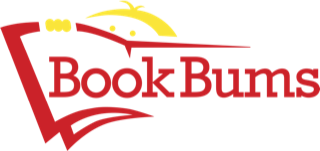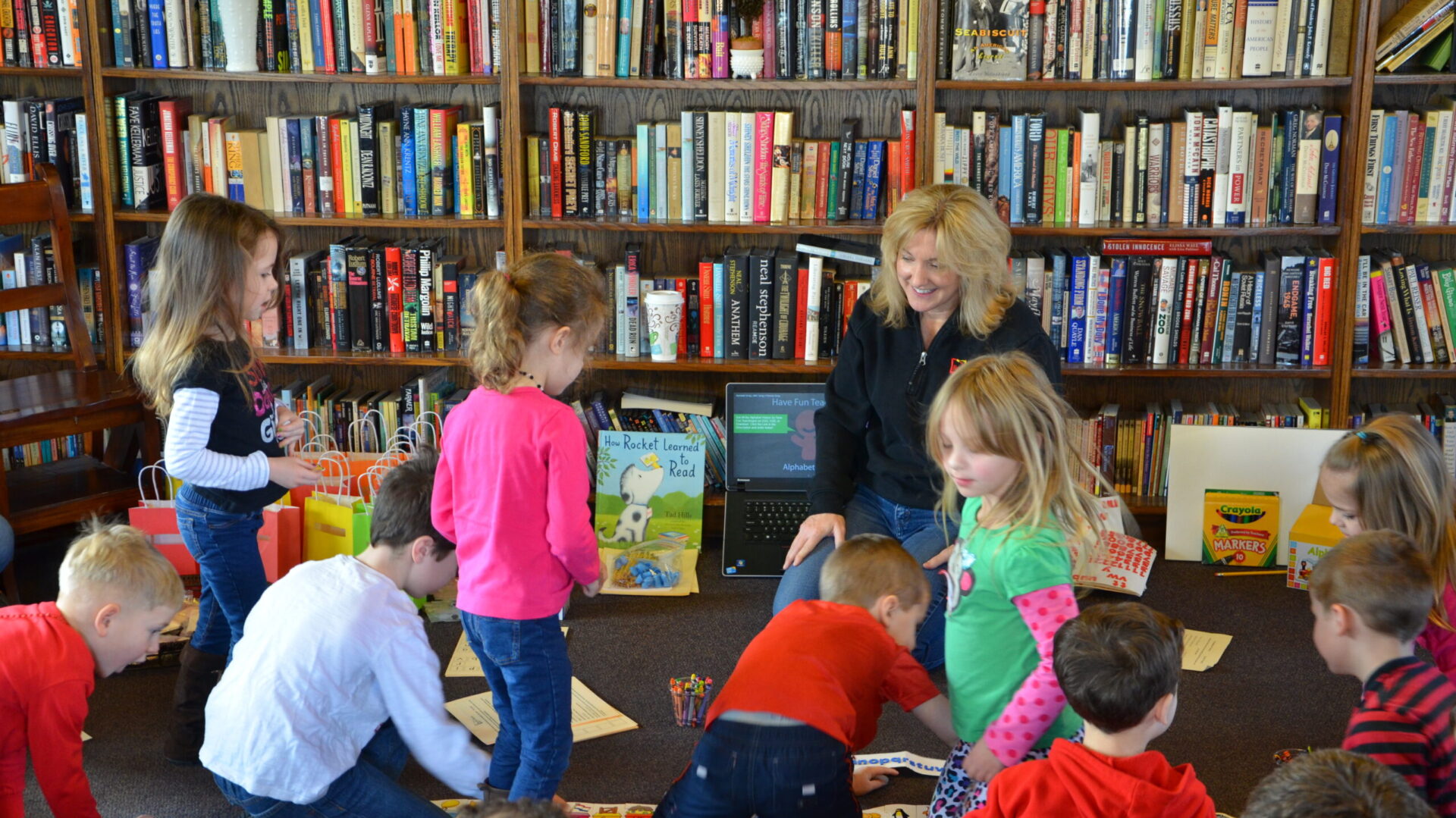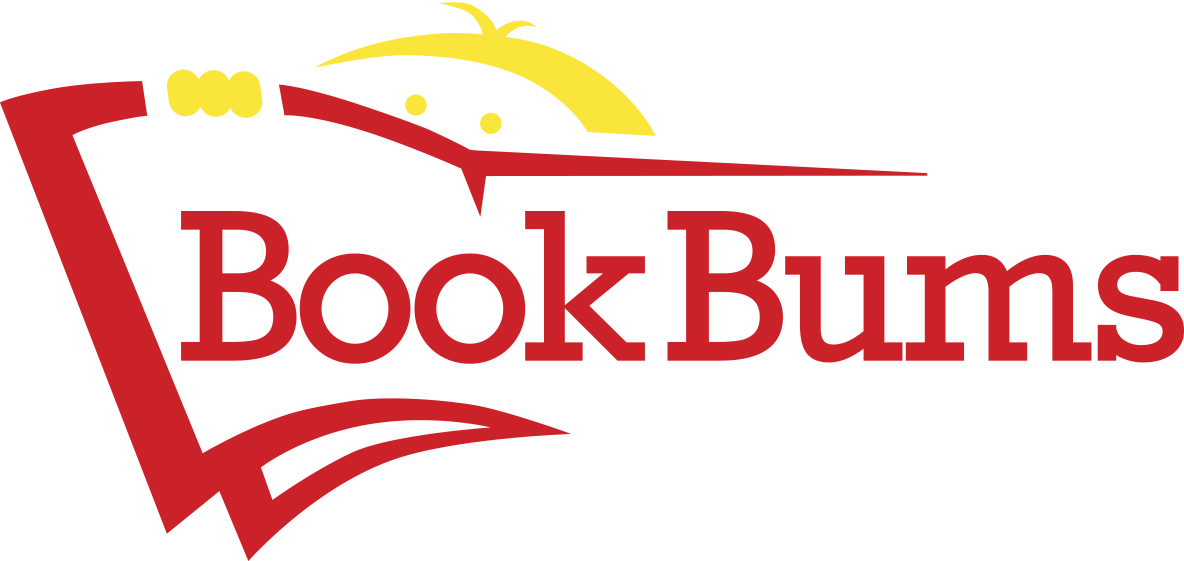
Hello Book Bums families!
Happy April! No fooling, our newsletter this week is full of poetry, patriotism, and song. Everything is connected as we think about how we understand the words we read and what they mean as well as where our national anthem comes from and what it means. Keep reading for some inspiration and, as always, good books and literacy ideas.
Bookbums.com is an Amazon Associate; We earn from qualifying purchases. This means that if you click on a link to Amazon.com and make a purchase, We may earn a small commission at no extra cost to you. We do recommend the products. Feel free to find them by other means.
Word of the Week
patriotism (pay-tree-uh-tiz-um) noun/person, place, or thing - feeling of love and sense of attachment to one's country
Saluting the flag is an act of patriotism.

Literary Calendar
• April is National Poetry Month
• This month we will be sharing a poem each week in the newsletter as well as ideas to help you get writing.
But one thing is certain:
If we merge mercy with might,
and might with right,
then love becomes our legacy
and change our children’s birthright.
So let us leave behind a country
better than the one we were left with.
Every breath from my bronze-pounded chest,
we will raise this wounded world into a wondrous one.
We will rise from the gold-limned hills of the west,
we will rise from the windswept northeast
where our forefathers first realized revolution,
we will rise from the lake-rimmed cities of the midwestern states,
we will rise from the sunbaked south.
We will rebuild, reconcile, and recover
in every known nook of our nation and
every corner called our country,
our people diverse and beautiful will emerge,
battered and beautiful.
When day comes we step out of the shade,
aflame and unafraid.
The new dawn blooms as we free it.
For there is always light,
if only we’re brave enough to see it,
if only we’re brave enough to be it.
-Amanda Gorman from the her inaugural poem "The Hill We Climb"
From our Bookshelves
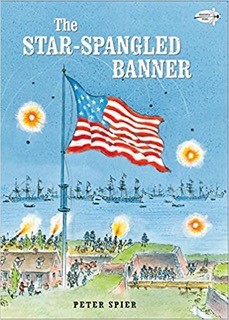
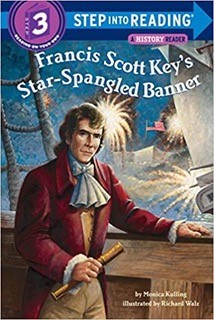
From Our Bookshelves
When asked what he wanted for his seventh birthday, my nephew said, "I want Ukraine to win." Kids. They have such big hearts, don't they? And they understand more than we think they do. But there's a lot they don't understand, too. For example:
Do your kids know that we're demonstrating patriotism for our country when we say "The Pledge of Allegiance" or sing our national anthem? Do they understand the words we recite and sing? If not, it's likely that these American traditions hold less significance for our children.
We can help with that! Whether you do these activities right away or you save them for another day, your kids just might experience a sense of awe the next time they sing "The Star-Spangled Banner" at a ball game, as they watch the Olympics, or even as they enjoy fireworks on the Fourth of July. Start with these two books:
Tips for Teaching Readers
Comprehend means to understand. Without comprehension, reading is a waste of time. This is one reason phonics instruction is sometimes criticized. Some folks say that teaching phonics leads to mindless "word calling" and without comprehension, decoding is worthless. I'd agree, BUT decoding must be taught explicitly and in a systematic manner whereas comprehension comes without explicit instruction.
We can improve our comprehension when we read more or explore new activities to expand our background knowledge. We can deliberately explore new words to expand our vocabulary. We can ask ourselves questions to better engage with what it is we're reading or listening to, etc. The thing is, it's fairly simple to check kids' comprehension.
When your kids hear the word stop, do they respond by stopping? If so, they're comprehending. If your kids can read the word hop and you ask them to act it out, do they hop? If so, they're comprehending. Too often, parents and teachers believe their kids have a comprehension problem, when the problem is that the kids aren't reading words accurately-- because they aren't equipped to decode unfamiliar words. If kids say the wrong words, it's unlikely that they are able comprehend what they're reading.
In the Simple View of Reading, it is said that . . .
Decoding (using phonics knowledge) x Language Comprehension = Reading Comprehension
To promote comprehension, ensure that your kids are equipped to decode the words they see, and diligently teach your kids about the world around them. You can begin by sharing the Star-Spangled Banner activity!
Practical Grammar
Practical Grammar
Sang & Sung
Perhaps the word sang sounds a little "twangy" and folks feel it must not be the proper word, but you should know that sang is the properly used past tense form of sing.
We sang the "Star Spangled Banner" with our hands solemnly placed upon our hearts.
The word sung would only be used if one of the helping verbs have, has, or had precedes it.
We have sung. She has sung. They had sung.
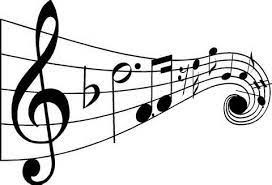
Wordology Workshop
• Our word of the week, patriotism, features the Latin root pater or patr, which means father.
• Take a look at these other pater/patr words: paternity, patriarch, patron, patronize, repatriate.
• Some of the words take the literal meaning of the root, for example a patriarch is the male head of a family.
• Some of the words have a more figurative connection to the root involving the idea of protection, care, and home.
• Can you think of more words that use pater/patr?
If you know someone who would benefit from our newsletter or tutoring at Book Bums, please share this email with them! Thank you.
Copyright © 2024 Book Bums, All rights reserved
Our mailing address is:
7967 Cincinnati-Dayton Road Suite L
West Chester, OH 45069
